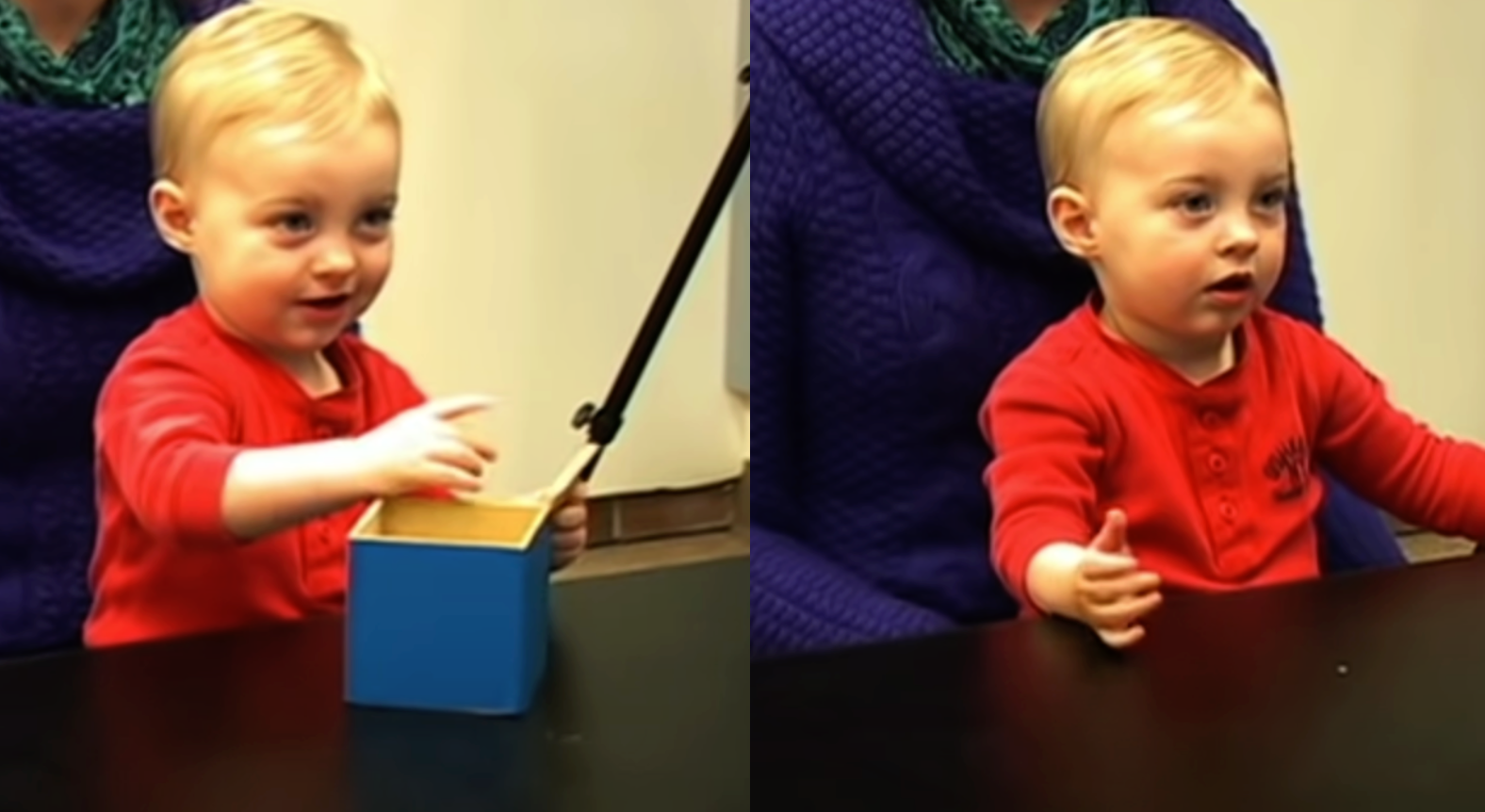In a remarkable exploration of early childhood development, a research study conducted by the Institute of Learning & Brain Sciences has shed light on the astonishing social capabilities of toddlers. The study reveals that toddlers possess an innate ability to regulate their behavior to avoid provoking the anger of adults, even when they overhear disagreements between grown-ups.
The findings from this research challenge the notion that toddlers are solely driven by instinct and immediate desires. Instead, they suggest that these young minds are actively processing emotional cues from the adult world around them, using this information to inform their own actions.
In the study, researchers observed toddlers as they encountered scenarios where adults expressed differing opinions or exhibited signs of anger or frustration. The toddlers’ reactions were nothing short of remarkable. Instead of blindly pursuing their own desires, they displayed a surprising capacity for emotional intelligence, adjusting their behavior to steer clear of situations that might escalate adult displeasure.
This ability to navigate the emotional landscape of the adult world at such a tender age highlights the early development of crucial social skills. It underscores the importance of acknowledging toddlers as perceptive individuals who are not only capable of empathy but also of actively seeking to maintain harmony within their environment.
Dr. Samantha Anderson, lead researcher on the study, notes, “Our findings challenge the stereotype of the ‘terrible twos’ and shed light on the sophisticated social cognition of toddlers. They possess an incredible capacity to understand and respond to the emotions of the adults around them, which can have far-reaching implications for their social development.”
The implications of this research extend beyond the fascinating realm of child psychology. They underscore the importance of fostering positive emotional environments for children, where disagreements and negative emotions are managed constructively. It also suggests that early education and guidance can play a significant role in nurturing these burgeoning social skills.
As we delve deeper into the intricacies of child development, it becomes increasingly evident that the minds of toddlers are far more sophisticated than we might have previously imagined. Their ability to regulate behavior based on emotional cues from adults not only speaks to their adaptability but also highlights the profound impact that adults have on shaping their worldviews and social interactions from a remarkably early age.

